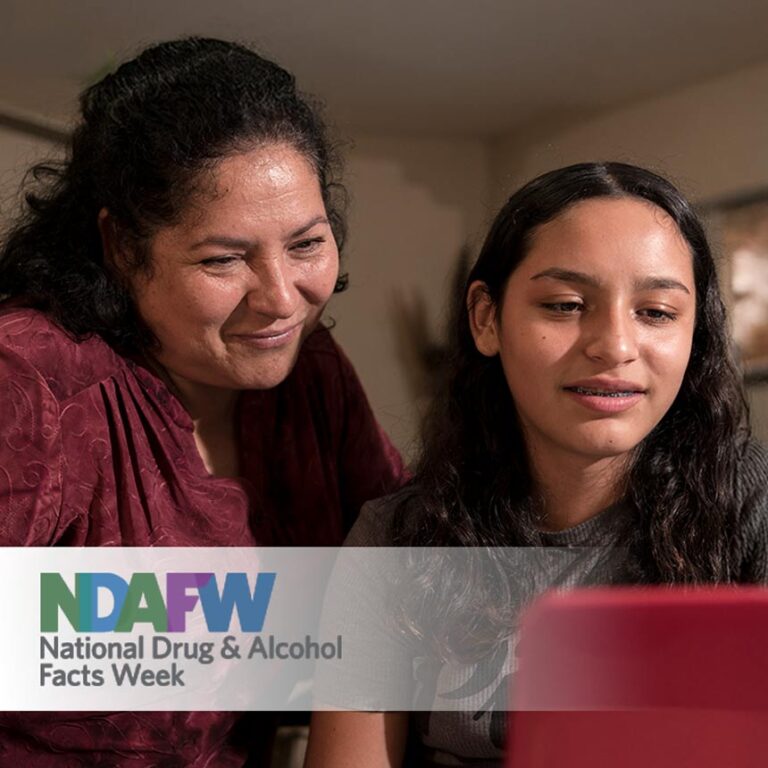
World Bipolar Day takes place each year on March 30, aiming "to bring world awareness to bipolar disorders and to eliminate social stigma and discrimination."
It starts with a thoughtful dialogue, says D. Bentley, MS, QMHP-C, Program Director, Enhanced Adult Mental Health Services. “I think having conversations is important,” they say.
Misconceptions cause stigma
“A lot of the stigma is focused around dangerousness,” says Joshua Tabaldo, PsyD, Service Director. He oversees outpatient services for adults living with severe mental illness. Joshua says that the fear of bipolar disorder, and mental illness more generally, leads to isolation.
Additionally, paranoia and distrust of other people are common symptoms of bipolar disorder. People living with the disorder may self-isolate, as a result.
D explains that a myth of bipolar disorder is that it always causes long periods of manic behavior or constant mood changes. While the mania can be extreme, “It doesn’t have to be debilitating,” says D.
On the other end of the spectrum, people may discount the depression people with bipolar disorder experience, seeing it as pathological rather than a natural reaction to a life circumstance.
Bipolar disorder was formerly known as manic depression. Joshua says the term was changed to bipolar disorder in the diagnostic manuals in the 1980s. Part of the goal was to reduce the stigma around the term “manic" and to better describe the condition.
Building understanding can break the stigma and help healing
Using the term “bipolar” as a joke feeds into the stigma, both D and Joshua say. Not only is it inaccurate, it turns the word into a derogatory term. Education is a powerful tool to fight that stigma, Joshua says. “People fear what they don’t understand.”
D also acknowledges the stigma can impact the healing process. “People believe they are broken, and no one will ever be able to fix them,” they say.
LifeWorks NW plays an important role in raising awareness, says D. That can include being more visible as an agency and showing up as advocates.
Treatment for bipolar disorder
Treatment can include medication and symptom management. Both D and Joshua compared it to managing chronic medical ailments, such as high blood pressure or diabetes. "Anything can be treated. It depends on what your goals are,” D shares, describing how they communicate options to clients, “That’s up to you. What do you want your life to look like?”
After setting goals, the next step is to address barriers to success. “We leverage a team-based approach,” D says. This can include case management, housing resources, and supported employment services.
Joshua says his concept of what success looks like has shifted from people “graduating” from services to the client’s definition of success. “If they are feeling stable, in whatever that looks like for them, that is now my success for them,” says Joshua. “Ultimately, as long as they are happy and healthy, that’s the goal.”
If you believe you or someone you love is experiencing symptoms of bipolar disorder, LifeWorks NW has support available. Call 503-546-9010 to get connected with caring, knowledgeable professionals, like Joshua and D, who can help.
LEARN MORE
- What is World Bipolar Day?, International Bipolar Foundation
- Living with bipolar disorder: how family and friends can help, SAMSHA
- Bipolar disorder symptoms and causes, The Mayo Clinic
- Bipolar disorder, The National Institute of Mental Health










